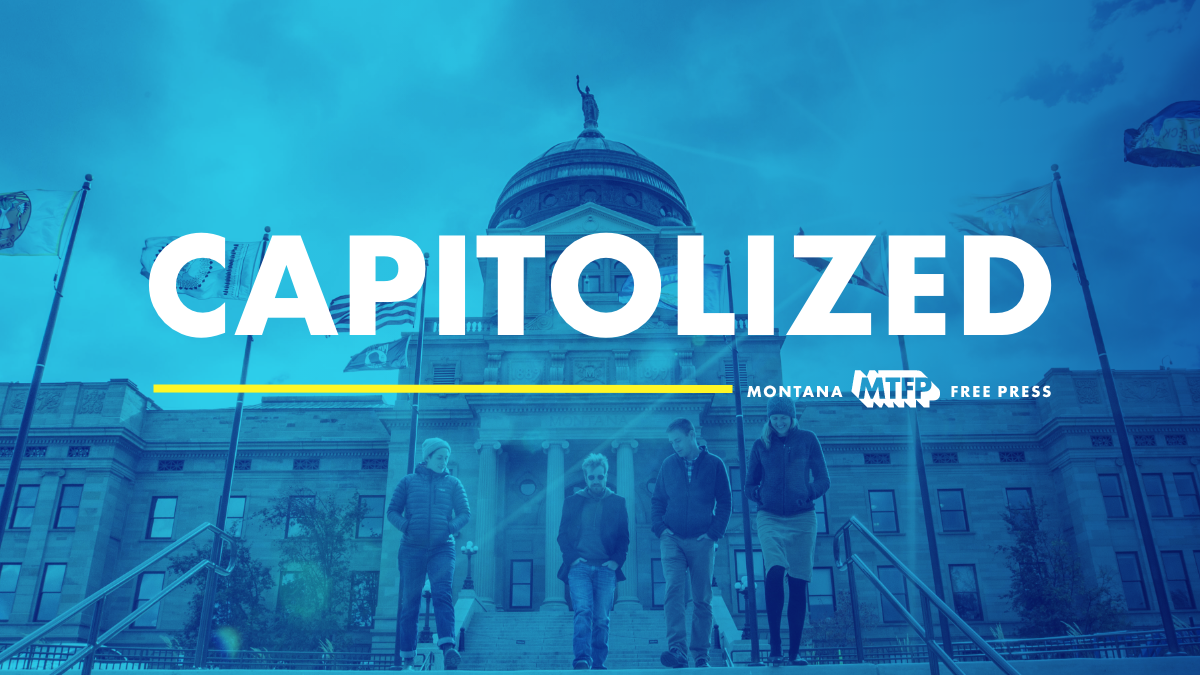In the last ten years, most states have enacted “science of reading” laws highlighting phonics in education, yet 2024 national test scores for reading continue to decline. While phonics instruction is still relatively new, advocates argue that comprehension requires more than just decoding words. They suggest that understanding the context is equally important.
Educators are urging schools to embrace content-rich curricula alongside phonics. Schools in Baltimore, Michigan, and Colorado are integrating lessons on geography, astronomy, and art history. Research suggests that prior knowledge helps students understand new material better. For instance, knowledge of plant growth can aid in understanding a farming passage.
A ‘Knowledge Revival’
A 2025 publication by ten researchers, “Developing Curriculum for Deep Thinking,” posits that comprehension and critical thinking skills stem from a broad knowledge base. This revival echoes E.D. Hirsch’s Core Knowledge curriculum from the 1980s, arguing that shared knowledge fosters democracy and enhances cognitive abilities.
The idea of a standardized knowledge set challenges modern educational trends like culturally relevant pedagogy. Critics argue that identity should be reflected in education, and that in an era of instant information, learning skills is more crucial than memorizing facts. They also highlight the lack of research linking increased world knowledge with improved reading scores.
Putting Knowledge to the Test
Research is examining the impact of content-focused lessons on reading comprehension. A 2023 study of the Core Knowledge curriculum found that students in nine charter schools excelled in reading. However, it’s unclear if the curriculum itself was the reason for the improvement, as these schools also had other successful practices like skilled teachers. Notably, the study involved mostly middle-class students, raising questions about its applicability to poorer children.
Another curriculum, developed by Harvard’s James Kim, showed a slight increase in reading scores during a randomized trial. The curriculum included science and social studies lessons aimed at enhancing knowledge and vocabulary, though the pandemic interrupted the experiment.
The Latest Study
A new study tested the Core Knowledge curriculum in two mid-Atlantic and Southern cities, focusing on kindergarteners from predominantly low-income, Black families. With 20 schools participating, students engaged in lessons on plants, farming, and Native Americans. Results showed improved test performance on taught topics, but no significant gains in general language or vocabulary tests. Reading was not assessed, and the pandemic disrupted further analysis.
Lead researcher Sonia Cabell is examining long-term data, yet hasn’t found strong evidence that early Core Knowledge instruction benefits students. While students exposed to the curriculum demonstrated better topic-specific knowledge, they didn’t outperform peers in general comprehension metrics.
Widening Achievement Gaps
Despite some promising results, achievement gaps widened as students with pre-existing language skills benefited more from content-rich lessons than their lower-achieving peers. This raises questions about whether merely increasing knowledge can improve reading skills or if higher-achieving students are simply more inclined to learn and read.
The Long View
Literacy expert Tim Shanahan suggests that if knowledge-building enhances comprehension, its effects might take years to surface. He emphasizes that while these educational efforts should not replace sound reading instruction, they could eventually lead to improvements in literacy.
—
Read More Kitchen Table News










